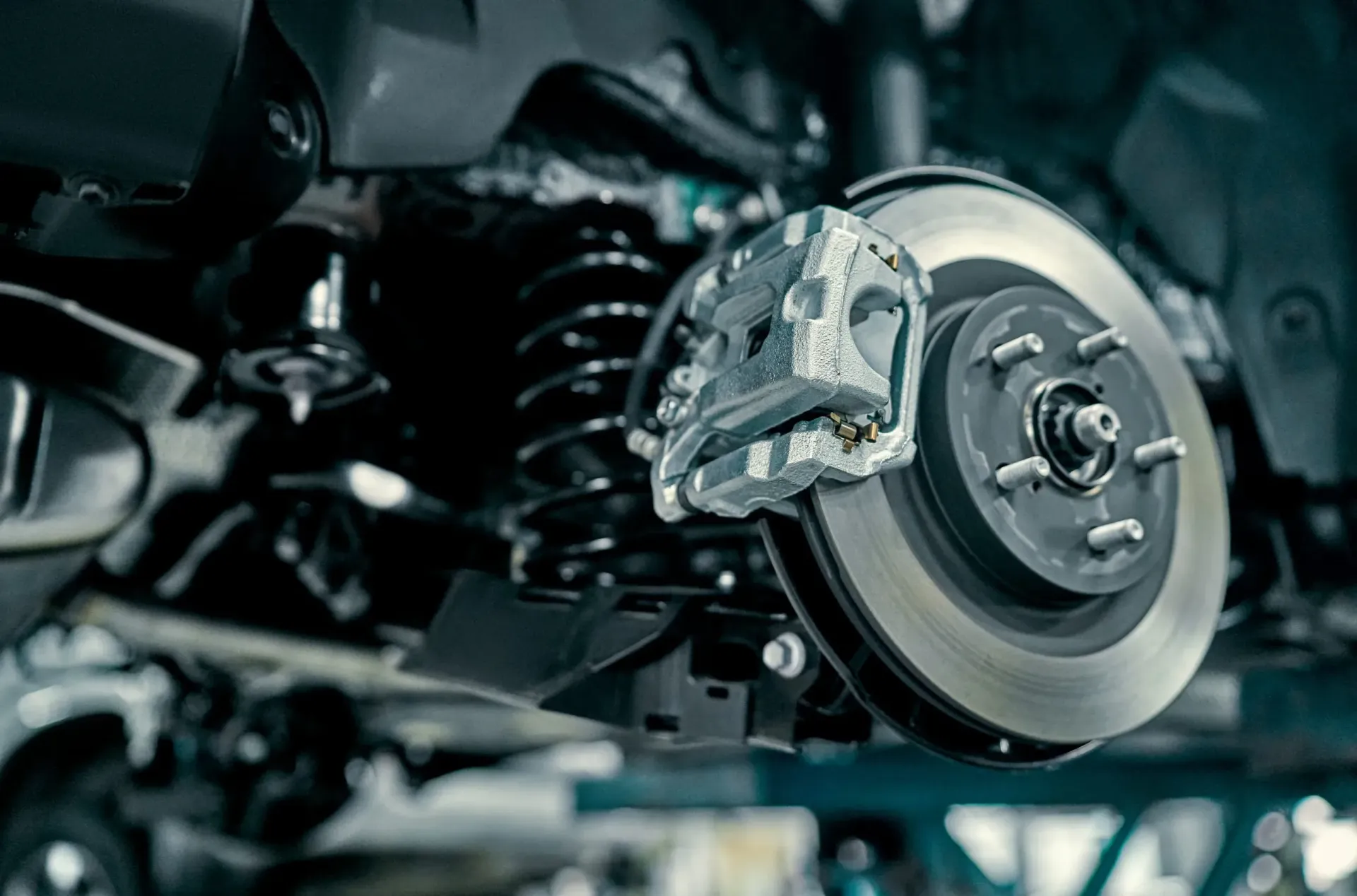Catalytic Converters: Advancing Sustainable Transportation
Catalytic converters have become indispensable in the quest for sustainable transportation. These devices have revolutionized emissions control, reducing pollutants from vehicle exhaust and promoting environmental stewardship. As the world increasingly prioritizes sustainable mobility, catalytic converters continue to advance, playing a crucial role in achieving cleaner and greener transportation. We will explore the ongoing advancements and positive impact of catalytic converters in advancing sustainable transportation.
Efficient Pollutant Conversion:
Catalytic converters excel in efficiently converting harmful pollutants emitted by vehicles into less harmful substances. By facilitating oxidation, reduction, and other chemical reactions, catalytic converters transform carbon monoxide (CO), nitrogen oxides (NOx), and unburned hydrocarbons (HC) into carbon dioxide (CO2), nitrogen (N2), and water vapor (H2O). This efficient conversion process significantly reduces the environmental impact of vehicle emissions.
Integration with Advanced Powertrain Technologies:
Catalytic converters seamlessly integrate with advanced powertrain technologies, contributing to sustainable mobility. Whether it’s hybrid electric vehicles (HEVs), plug-in hybrid electric vehicles (PHEVs), or fully electric vehicles (EVs) with range extenders, catalytic converters ensure emissions control during engine operation. This integration allows for cleaner and greener transportation options across a diverse range of vehicles.
Enhanced Durability and Longevity:
Advancements in catalytic converter materials and designs have improved their durability and longevity. Resilient catalyst coatings, robust substrate materials, and advanced manufacturing techniques ensure that catalytic converters can withstand harsh operating conditions and maintain their effectiveness over an extended lifespan. Enhanced durability translates to reduced waste and a more sustainable use of resources.
Selective Catalytic Reduction (SCR) Systems:
Catalytic converters play a crucial role in selective catalytic reduction (SCR) systems, primarily employed in diesel vehicles. By using catalysts and reducing agents, such as urea, SCR systems effectively reduce nitrogen oxides (NOx) emissions. Catalytic converters within SCR systems promote the conversion of NOx into nitrogen (N2) and water (H2O), mitigating their impact on air quality and public health.
Future-Proofing Through Adaptability:
Catalytic converters demonstrate adaptability by continuously evolving to meet changing emissions standards and environmental challenges. Manufacturers strive to develop converters capable of handling evolving fuel compositions, emerging pollutants, and new regulations. This adaptability ensures that catalytic converters remain effective and relevant as sustainable transportation technologies progress.
Environmental Consciousness in Manufacturing:
Catalytic converter manufacturers are increasingly adopting environmentally conscious manufacturing practices. Sustainable manufacturing techniques, including energy-efficient processes, waste reduction initiatives, and the use of recycled or recyclable materials, minimize environmental impact. By prioritizing environmental consciousness, manufacturers contribute to a more sustainable lifecycle for catalytic converters.
Positive Impact on Air Quality:
Catalytic converters make a significant positive impact on air quality by reducing tailpipe emissions. By effectively converting pollutants, such as nitrogen oxides (NOx), carbon monoxide (CO), and unburned hydrocarbons (HC), catalytic converters contribute to cleaner and healthier air for communities. Improved air quality promotes public health and supports sustainable urban environments.
Catalytic converters have transformed emissions control and become essential components in advancing sustainable transportation. Through efficient pollutant conversion, integration with advanced powertrain technologies, enhanced durability, SCR systems, adaptability, environmentally conscious manufacturing practices, and the positive impact on air quality, catalytic converters drive the transition towards cleaner and greener transportation. As society embraces sustainable mobility, catalytic converters will continue to play a vital role in achieving a more sustainable and environmentally conscious future.











